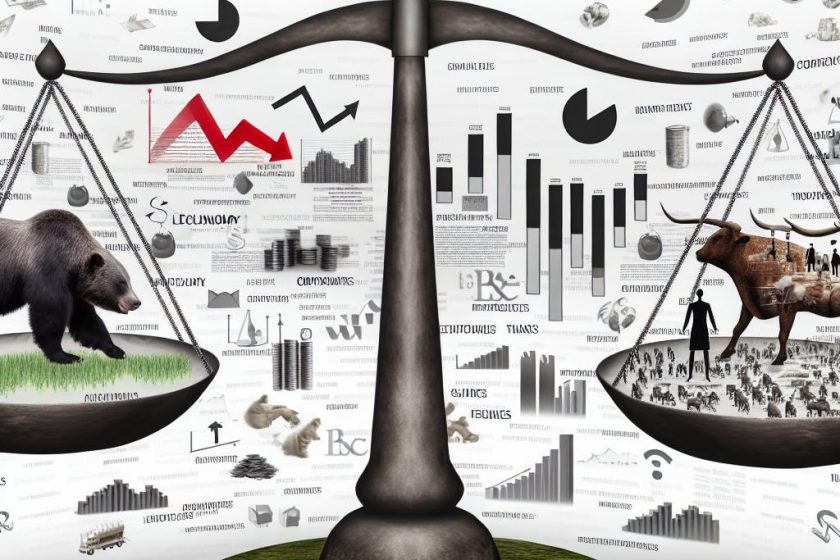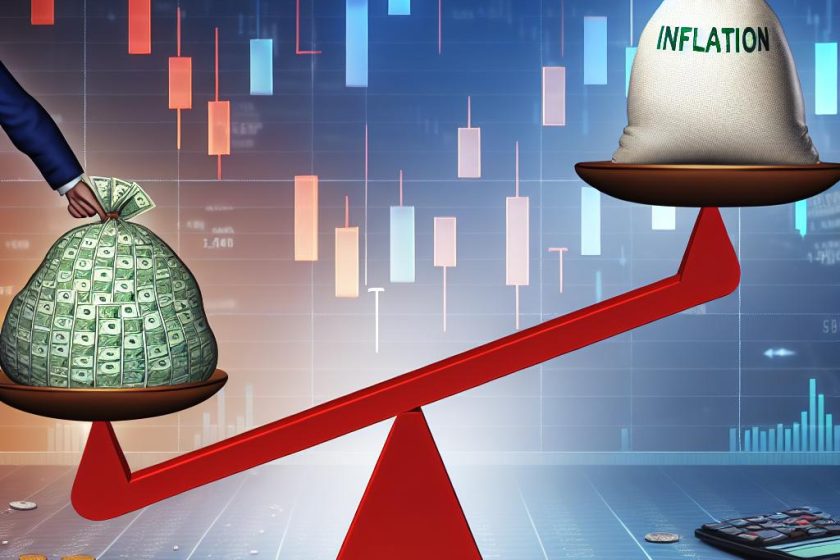Penny Stocks: Understanding the Basics
Penny stocks are shares of small companies that typically trade at less than $5 per share. Often, these stocks are traded over-the-counter (OTC) via platforms like the OTC Bulletin Board (OTCBB) or through the pink sheets. Some penny stocks may also be found on major exchanges, but they usually do not comply with the strict listing requirements of these exchanges.
Investors are drawn to penny stocks because of their potential for significant price fluctuations, which can lead to large profits. However, this also means they come with a high level of risk. Learning about the nature and risks of penny stocks is essential for anyone considering investing in this space. You can read more on authoritative financial news sites like Investopedia.
Why Invest in Penny Stocks?
Investors might be interested in penny stocks for several reasons, including:
Low Entry Cost: With prices typically below $5, investors can purchase a large number of shares with a small amount of capital. This affordability grants access to a wider range of investment opportunities. New or risk-tolerant investors often find penny stocks appealing due to the minimal financial barrier of entry, which can enable them to diversify their holdings without needing a substantial initial investment.
Possibility for High Returns: Given their volatility, these stocks can generate substantial returns quickly if the issuing company performs well. The potential for rapid financial gain is a major attraction, as small market movements in penny stocks can result in significant percentage increases. However, this feature should be balanced with awareness of the potential for equally rapid losses.
Diversification: Including penny stocks in an investment portfolio can offer diversification benefits, as they often move independently of large-cap stocks. This detachment from the broader stock market trends can sometimes act as a hedge during market downturns, allowing investors to spread risks across different asset types and maximize potential returns.
Risks Associated with Penny Stocks
Penny stocks are known for their high-risk nature. Here are some potential risks investors should be aware of:
Low Liquidity: Penny stocks often have lower trading volumes, making it difficult to buy or sell shares without affecting the stock price significantly. This lack of liquidity means investors might struggle to execute trades promptly, which can lead to unexpected losses or missed opportunities to capitalize on favorable market conditions.
Lack of Information: Smaller companies may not have significant resources to provide detailed information to investors, resulting in a lack of transparency. Without comprehensive financial disclosures, investors face challenges in assessing the company’s value and financial health accurately, which can lead to ill-informed decision-making and unexpected investment outcomes.
Higher Volatility: These stocks can experience wide price swings, sometimes caused by small trading volumes or market manipulation. Such volatility can be both a blessing and a curse; the potential for high returns can be overshadowed by the risk of significant losses, making it crucial for investors to remain vigilant and informed.
Poor Track Record: Many companies behind penny stocks have limited histories or are in financial distress, increasing the risk of business failure. The potential for encountering companies with questionable prospects necessitates thorough due diligence before investing. Understanding the company’s business model, management, and industry position is vital to mitigate this risk.
Research and Caution
Extensive research and caution are recommended before investing in penny stocks. It’s important for investors to understand the fundamentals of the companies involved, keep informed about market trends, and be aware of the potential for fraud. Resources like the SEC’s website offer guidance on avoiding scams and understanding investment risks.
Developing a cautious investment strategy is imperative when engaging with penny stocks. This involves setting clear financial goals, defining risk tolerance levels, and employing tools such as stop-loss orders to safeguard investments. By regularly revisiting and assessing investment strategies, investors can better align their actions with current market conditions and personal financial objectives.
Remaining informed about regulatory updates and market developments through reliable sources and financial news platforms is also essential. Professional guidance from financial advisors can aid in navigating this high-risk investment environment, offering insights and strategies tailored to individual investment profiles.
Conclusion
Investing in penny stocks can offer the allure of high rewards but comes synchronized with elevated risks. Due diligence and careful consideration are imperative before venturing into this segment of the stock market. Investors should consult with financial advisors and rely on trusted financial resources to help navigate the complexities of trading in penny stocks.
The allure of penny stocks lies in their potential to transform modest investments into considerable capital gains. However, such opportunities are fraught with volatility and unpredictability. Aspiring investors should approach penny stocks armed with knowledge, critical analysis, and a strategic plan that encompasses risk management techniques.
By balancing the pursuit of high potential returns with comprehensive research and prudent risk assessment, investors can enhance their ability to make informed decisions. Through calculated and informed investment choices, it is possible to engage with penny stocks judiciously, aligning investment endeavors with personal financial aims while managing inherent risks.



